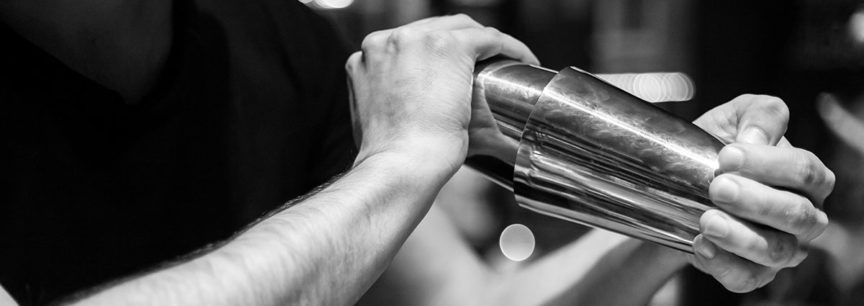Assuming general liability insurance covers liquor liability is a mistake.
Many business owners are surprised to learn that their general liability insurance does not cover liquor liability. The confusion stems from “host liquor” liability coverage, which is regularly listed within a general liability policy.
Host Liquor Liability Coverage will only provide protection related to the incidental service of alcohol; it does not protect a business that sells alcohol as part of its regular business.
Liquor Liability Insurance is critical for owners of establishments that serve or sell alcohol. It is extremely important that business owners understand the need for insurance policies specifically designed to cover clients or patrons who sue for damages related to their intoxication.
What Should My Liquor Liability Policy Account For?
When it comes to protecting a business from any kind of liability, it’s critical that common risks are accounted for. In order to secure the right level of coverage, keep in mind the following policy enhancements when shopping for liquor liability insurance:
- Assault and battery coverage. When alcohol is involved, fights are a common risk. However, many liquor liability policies exclude coverage for assault and battery. Therefore, it is important to consider this protection when building your policy. It should be noted that assault and battery coverage can also be extended to include specific incidents such as sexual assault, stabbings, and shootings.
- Defense costs. Legal fees from liquor-related claims can easily exceed tens of thousands of dollars. Ensure that your policy accounts for defense costs outside of the policy limit.
- Employees included. Even if you forbid your employees to drink on the job, there is a chance that they may disregard your instruction. Look for a policy that will cover your employees as patrons to better protect your business from liquor-related incidents.
- Mental damages. In the event of a lawsuit, claimants may allege they were injured in nonphysical ways. In these instances, patrons could sue you for stress, mental anguish, or psychological injury. Ensure that your policy accounts for these types of injuries.
If selling or serving liquor is a component to your business, you need to ensure you are carrying the appropriate polices to protect yourself and your business. Take the time to carefully review what you currently have in place with your insurance agent today.
Contact Business Law Southwest today to discuss all of your business law issues. Business Law Southwest. Business law that makes business sense.






